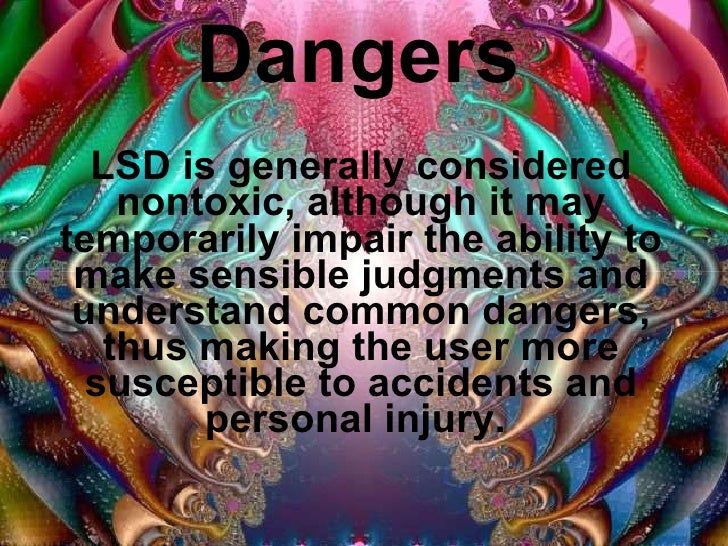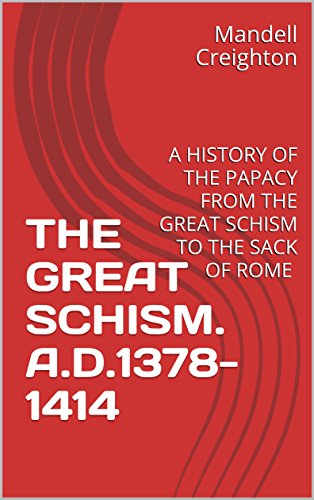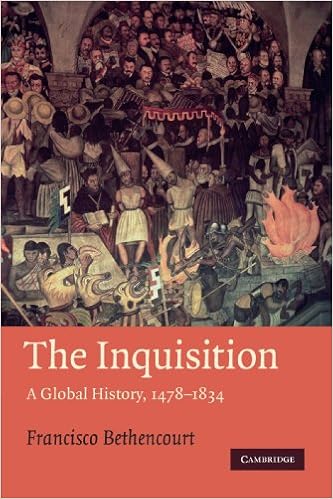
Officer Amber Guyger – Google Search
Update 9.15.18: M.N.: Apparently, judging from these investigation reports, this case is investigated as the possible set-up. By whom and for what purposes? Will we finally have the proper, professional, high quality investigations of all those mysterious cases? Is the FBI up to it?!
The attempt to whip up the racial tensions is obvious, isn’t it?
| Mike Nova’s Shared NewsLinks |
||
|---|---|---|
| Botham Jean’s family, lawyers demand Officer Amber Guyger’s firing – Story | ||
DALLAS – Lawyers and family members of Botham Jean, the man who was shot and killed by a Dallas police officer, are demanding that she be fired.
More court documents were also released as public record on Friday in the shooting investigation. RELATED: Protests continue demanding justice for Botham Jean The new information from the search warrants reveals investigators are setting a timeline of who was coming and going from South Side Flats on the night of the shooting. Investigators removed the door lock from Officer Amber Guyger’s apartment and downloaded the electronic code information. They did the same for Botham’s apartment door lock exactly one floor above. In addition, they downloaded surveillance video from the apartment management office and gained access to building entry logs. The new documents just made public on Friday give a glimpse into the investigation, but do not say whether a search warrant was served on Guyger’s apartment or personal vehicle. It comes the same day as Botham’s family and attorneys call for an internal investigation into DPD and the immediate termination of Guyger. |
Botham Jean’s family, lawyers demand Officer Amber Guyger’s firing
New York Times–10 hours ago
Local Source–CBS Dallas / Fort Worth–16 hours ago
International–Fort Worth Star Telegram–14 hours ago
| Mike Nova’s Shared NewsLinks |
||
|---|---|---|
| lsd – Google Search | ||
|
||
| lsd – Google Search | ||
|
||
| lsd – Google Search | ||
|
||
| lsd – Google Search | ||
|
||
| lucy in the sky with diamonds meaning – Google Search | ||
|
||
| st lucia – Google Search | ||
Uncle: Man killed by officer aspired to St. Lucia leadershipFox News–3 hours ago
Jean, who grew up on St. Lucia, attended college at Harding University in Searcy, Arkansas, so he could remain within a religious community …
Community to memorialize St. Lucia man killed by Dallas cop
International–Loop News Trinidad and Tobago–12 hours ago Friends, family remember man killed by Dallas police officer
International–RochesterFirst–6 hours ago |
||
| st lucia – Google Search | ||
Uncle: Man killed by officer aspired to St. Lucia leadership
Fox News
3 hours ago
|
||
| Officer Amber Guyger – Google Search | ||
|
||
| Officer Amber Guyger – Google Search | ||
|
||
| 1378 in history – Google Search | ||
Western Schism, also called Great Schism or Great Western Schism, in the history of the Roman Catholic Church, the period from 1378 to 1417, when there were two, and later three, rival popes, each with his own following, his own Sacred College of Cardinals, and his own administrative offices.
|
||
| 1378 in history – Google Search | ||
|
||
| 1378 in history – Google Search | ||
|
||
| 1378 in history – Google Search | ||
|
||
| 1378 in history – Google Search | ||
|
||
| 1478 in history – Google Search | ||
|
||
| Video contradicts story of white Dallas cop who killed black neighbor | Daily Mail Online | ||

The front door of apartment 1378, directly below Botham Jean’s apartment and identified by neighbors as Amber Guyger’s front door. The panel to the left of the door has the apartment number that is lit up in neon 

Botham Jean was shot and killed by Dallas police officer Amber Guyger who accidentally went into Jean’s apartment -No. 1478 – thinking it was her own, and claims she thought he was a burglar in her apartment – No. 1378. Door numbers are clearly visible and lit up in neon, placed to one side. |
||
| Video shows heavy metal doors where Botham Jean was killed close automatically | WBFF | ||
Officer Amber Guyger |
||
| geiger counter amber alert – Google Search | ||
|
||
| geiger counter amber alert – Google Search | ||
|
||
| geiger counter amber alert – Google Search | ||
|
||
| geiger counter amber alert – Google Search | ||
|
||
| geiger counter alerts system – Google Search | ||
|
||
| geiger counter alerts system – Google Search | ||
|
||
| geiger counter – Google Search | ||
|
||
| geiger counter – Google Search | ||
|



















